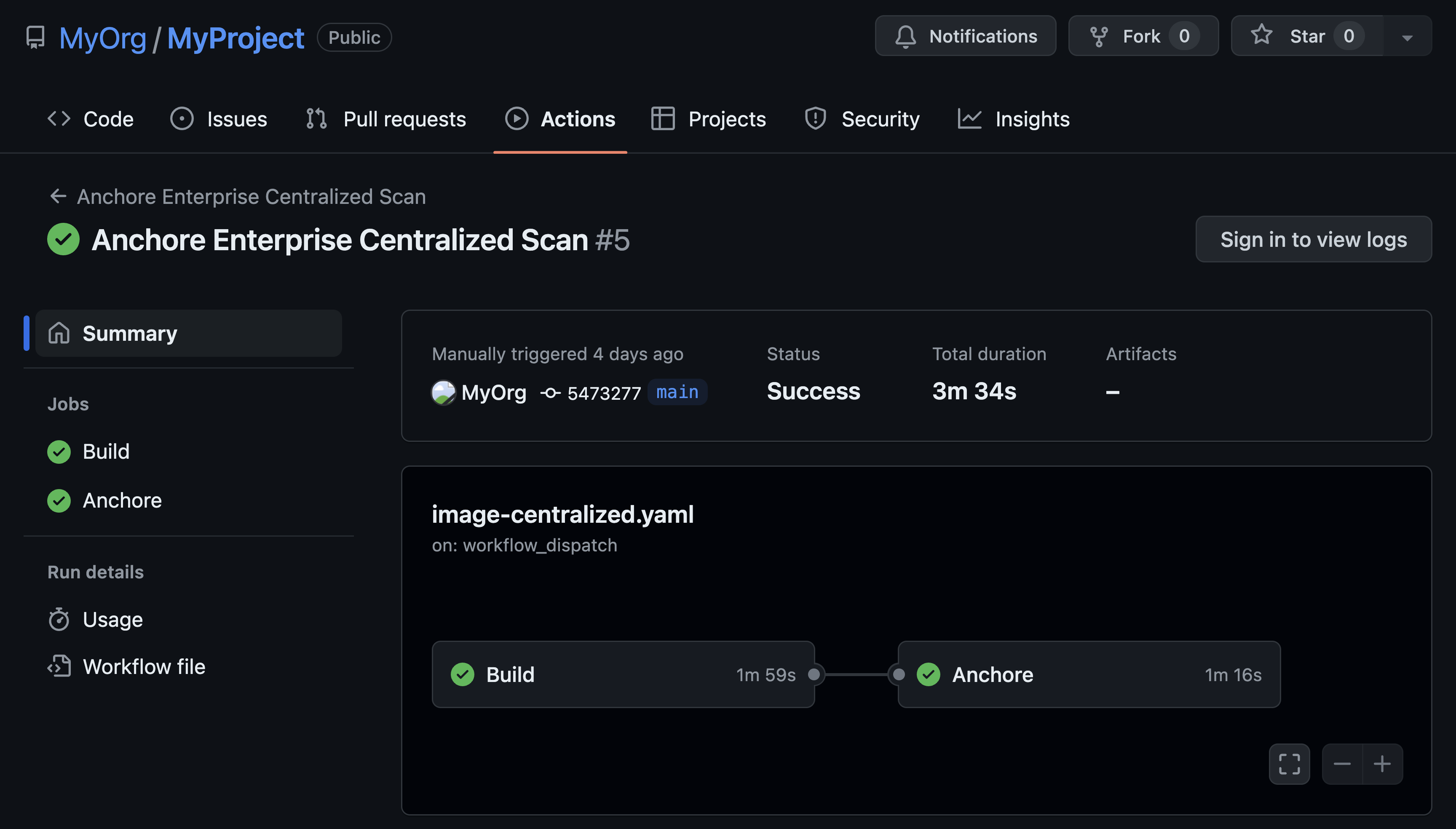DevSecOps seems to attract its share of myths. As we go into 2021, it’s time that we as an industry work to dispel those myths for our prospective customers, customers, and internal stakeholders across our organizations.
Here are some common DevSecOps myths we can all work on dispelling in 2021:
1. Organizations lose control when they move to DevSecOps.
Software development has a legacy of long development timelines in both business and the public sector. There are long quality assurance cycles with a final assessment by a security team at the end of the process. A move to DevSecOps may seem like a loss of control to project managers, developers, QA, and security teams who are used to working on development projects following traditional waterfall software development methodologies.
Dispelling the myth that your organization will lose control once you move to DevSecOps takes a multi-faceted approach. Internal training for your technology and business teams can be a powerful force to quell this misconception for starters. Then, when you tell the story of a DevSecOps pilot project, be sure to include facts around how the DevSecOps toolchain improved security and compliance coverage.
Another exciting way to dispel stories about loss of control is to focus on the new reporting options for developers, security analysts, and business stakeholders that can now be made available because of the tools and processes you’ve put in place for DevSecOps.
2. You can buy DevSecOps.
Marketing departments, PR agencies, and vendors are all trying to ride the DevSecOps trend to increase sales. The message that you can buy DevSecOps from a vendor — after all, it’s just a tool or a suite of tools — is a myth that DevSecOps has inherited from DevOps. Sales and marketing reps perpetuate this myth on sales calls all the time.
Part of any DevSecOps pilot should be education and outreach to stakeholders and influencers inside and outside your IT groups. Your non-developers are still going to feel some cultural changes that DevSecOps adoption brings to organizations.
3. DevSecOps is about Speed and Speed Only.
There’s the ongoing myth that DevSecOps is about speed and speed only. Improving software delivery velocity is but one aspect. Automation help speed deployments while improving software quality and compliance.
4. DevSecOps requires an elite senior-level Development Team.
There’s a wrong sentiment out there that DevSecOps is only for an elite team of senior-level developers working as a tight group with specialized training, certifications, and tools. There’s no secret society of DevSecOps either.
You shoot down this myth by keeping open lines of communications open between your DevSecOps delivery teams and the rest of your organization. Provide a DevSecOps overview to your business stakeholders to teach them the benefits of DevSecOps in business terms they can understand. Ask what support your business and technology teams to best communicate with each other because on of the tenants of DevSecOps is transparency, after all.
5. DevSecOps isn’t for Remote Teams.
A program manager once told me that remote teams couldn’t do DevOps. Well, COVID-19 has proven him wrong. Enough said. The same myth follows DevSecOps around as well.
Let’s say you may have a team that’s finding success with DevSecOps during the pandemic. You still need to capture and communicate the success stories and the lessons learned from working on DevSecOps as a remote team. At some point (maybe), your organization will return to everyday life back in the office. Anecdotes of DevSecOps success during COVID-19 will not be enough for some critics. Take the extra steps to capture data, metrics, and positive feedback from your internal and external customers.
Final Thoughts
DevSecOps is another technology change that employees have to keep tracking. Some employees will embrace the changes with passion. Others will see DevSecOps as a disruption to their daily routines. DevSecOps myths take root in between these groups. Start of your 2021 with a campaign to improve your communication and education about DevSecOps to dispel such myths.



